Q&A: Mike Lazaridis and Jim Balsillie, co-chief executives at RIM
The two top executives at RIM discuss smartphones, the competition posed by netbooks and the future of the BlackBerry.
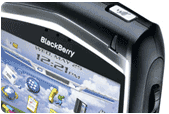

When you come to smartphones, it's a whole different ballgame. A smartphone, for one, has to provide a certain always-on battery life experience so that it's available for that important call that comes in from the boss, from a friend, a business associate or the babysitter. You can't afford to find out later that you didn't get the call because you were out of coverage or the battery was dead.
There are different compromises and different design issues. In the end they're two different animals. Smartphones are more like watches and pens and wallets; they're all personalised and they just work. Each of us wants to express different things when we pull out our smartphone and put it on the table. Individuality and status will continue to affect the design as well as performance and features.
As smartphones get more powerful, how do you continue to avoid the battery issues that PCs have?
ML: We went to 300MHz from 150MHz processors, then to 600MHz processors and beyond. Then we started adding MMX, high speed DSPs, dual cores and gigabytes of memory. Then Bluetooth 2.0, hi-speed USB and large amounts of flash media memory. And then we added Wi-Fi g and GPS, bright big displays with high resolution and finally HSUPA Doing all of that you're going to draw a lot of power!
So all the homework you do as a device maker to minimise power consumption from day one will have payback in the future.
A lot of people are surprised that a 3G phone has less battery life than 2G phone. I think the big surprise that's still looming is that running always-on, always-connected in a push environment on 3G consumes even more power.
One of the big advantages we have is we wrote the 3G radio stack in our product, so we were able to come up with innovations like fast dormancy. That allows you to disconnect from the radio channel early. Normally you wouldn't do that, because if there is still information to come to you, that creates a lot of retries and the network would have to establish a new connection - and that uses more power. But if you wrote the entre stack, all the radio protocols and the applications, then you have an intimate knowledge of what's going on.
Get the ITPro daily newsletter
Sign up today and you will receive a free copy of our Future Focus 2025 report - the leading guidance on AI, cybersecurity and other IT challenges as per 700+ senior executives
If you send a lot of little emails you end up consuming a lot of power waiting for TCP/IP ping packets and acknowledgements that never occur. As we can tell the other end we're done and the device is allowed to terminate the connection immediately, we save a lot of power. We claim it's at least double the battery life of a regular 3G device.
What are we going to see in future BlackBerrys? There's a flip BlackBerry and maybe a touch screen; will you be able to keep that iconic BlackBerry design?
JB: What's very important for how we see our world is that we believe BlackBerry is a highly managed convergence tunnel; it's reliable, it's global, it's scalable, it's secure.
When it comes to the access terminal, our focus is on Java and J2ME. It's over the air for both application and application data it's very secure and invulnerable to viruses because of its structure.
Then we focus principally on the efficiency. You have a multivariant scarcity equation. Battery is limited, thermodynamics is a challenge, capacity of the network is a challenge, size is a challenge - I have but one belt to give, I have to hold it up to my ear. And of course cost is a variant. Unlike with Moore's Law which has one variant, where I double the processing power and memory every 18 months for the same price, we have five variants of scarcity. So we focus on efficiency.
Mary is a freelance business technology journalist who has written for the likes of ITPro, CIO, ZDNet, TechRepublic, The New Stack, The Register, and many other online titles, as well as national publications like the Guardian and Financial Times. She has also held editor positions at AOL’s online technology channel, PC Plus, IT Expert, and Program Now. In her career spanning more than three decades, the Oxford University-educated journalist has seen and covered the development of the technology industry through many of its most significant stages.
Mary has experience in almost all areas of technology but specialises in all things Microsoft and has written two books on Windows 8. She also has extensive expertise in consumer hardware and cloud services - mobile phones to mainframes. Aside from reporting on the latest technology news and trends, and developing whitepapers for a range of industry clients, Mary also writes short technology mysteries and publishes them through Amazon.
-
 Asus ZenScreen Fold OLED MQ17QH review
Asus ZenScreen Fold OLED MQ17QH reviewReviews A stunning foldable 17.3in OLED display – but it's too expensive to be anything more than a thrilling tech demo
By Sasha Muller
-
 How the UK MoJ achieved secure networks for prisons and offices with Palo Alto Networks
How the UK MoJ achieved secure networks for prisons and offices with Palo Alto NetworksCase study Adopting zero trust is a necessity when your own users are trying to launch cyber attacks
By Rory Bathgate
-
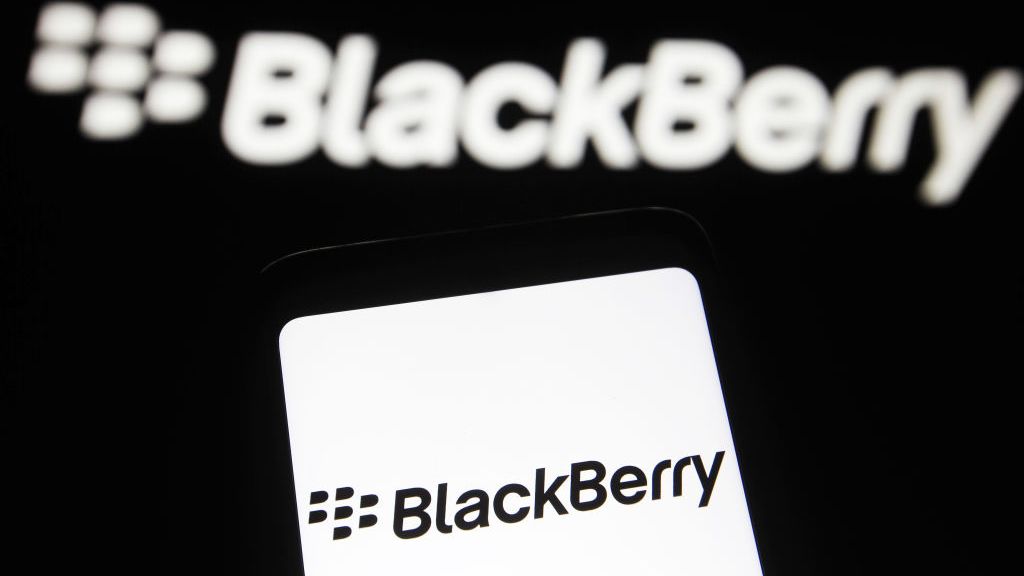 Blackberry revenue falls by 4% as cyber security division takes hit
Blackberry revenue falls by 4% as cyber security division takes hitNews Despite this, the company’s Internet of Things (IoT) division increased its revenue by 28% as it attracted new customers from the automotive sector
By Zach Marzouk
-
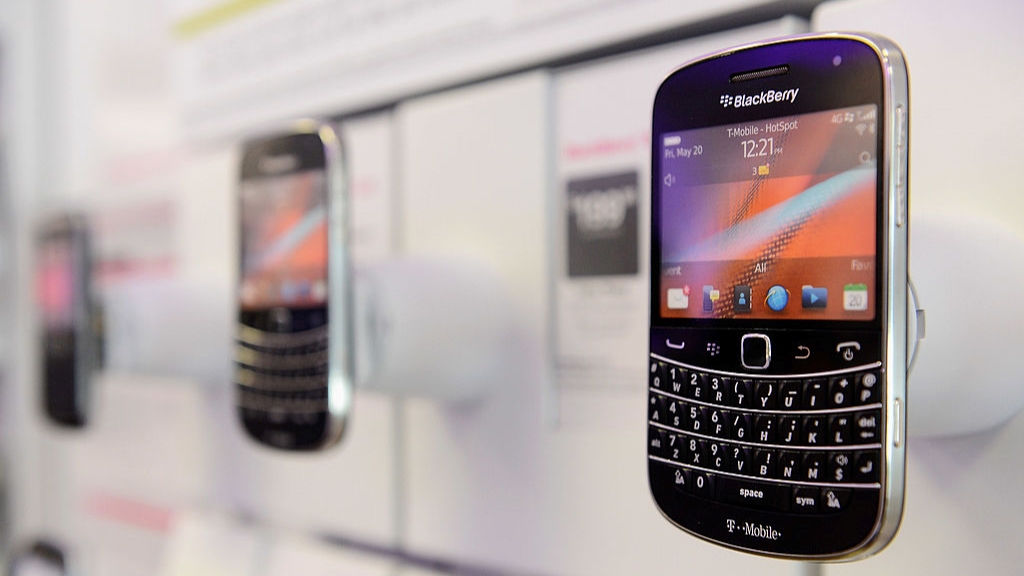 BlackBerry revival is officially dead as OnwardMobility shuts down
BlackBerry revival is officially dead as OnwardMobility shuts downNews The Texas-based startup is mysteriously shutting down and taking its ultra-secure 5G BlackBerry with it
By Bobby Hellard
-
 SAP's new product sustainability tracker helps keep your carbon footprint in check
SAP's new product sustainability tracker helps keep your carbon footprint in checkNews New solution monitors products' environmental impact from conception to disposal
By Praharsha Anand
-
 BlackBerry and AWS are developing a standardized vehicle data platform
BlackBerry and AWS are developing a standardized vehicle data platformNews Platform will give automakers a standardized way to process data from vehicle sensors in the cloud
By Rene Millman
-
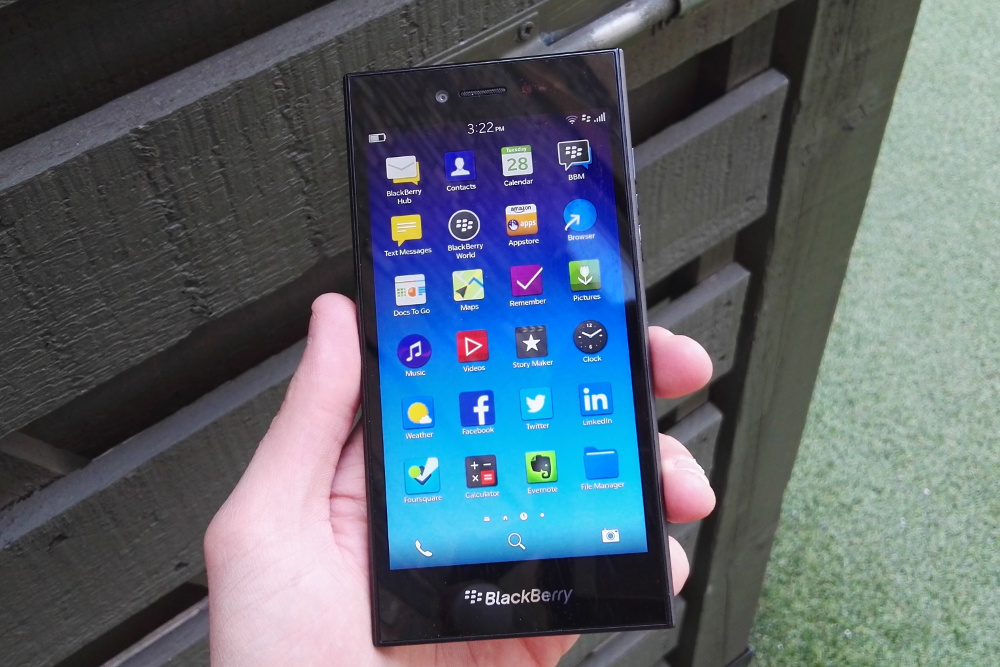 BlackBerry thwarts mobile phishing attacks with new AI tools
BlackBerry thwarts mobile phishing attacks with new AI toolsNews The company's Protect Mobile platform alerts users to potential malware before a link is clicked
By Tyler Omoth
-
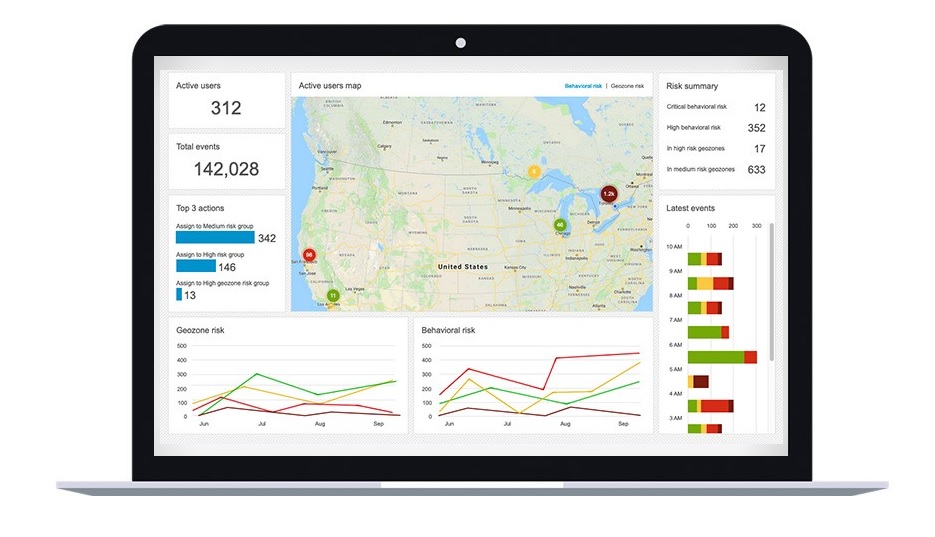 BlackBerry Persona Desktop delivers zero-trust security at the endpoint
BlackBerry Persona Desktop delivers zero-trust security at the endpointNews New security solution learns user behavior and can take action if there’s an abnormality
By Justin Cupler
-
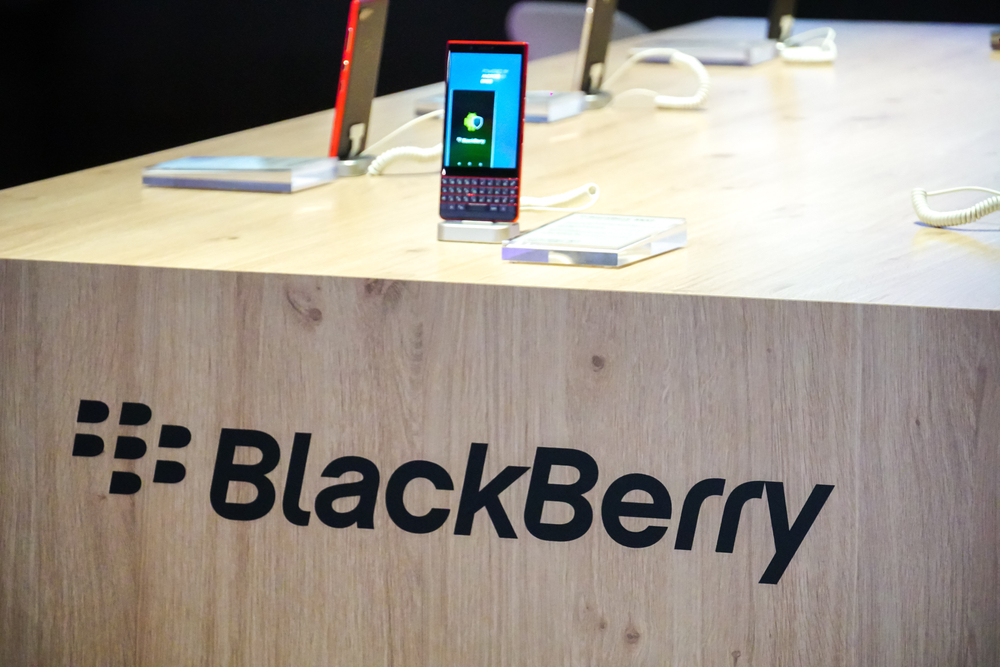 A 5G BlackBerry phone with physical keyboard is coming in 2021
A 5G BlackBerry phone with physical keyboard is coming in 2021News The business phone to be resurrected with OnwardMobility and FIH Mobile planning a security-savvy enterprise handset
By Bobby Hellard
-
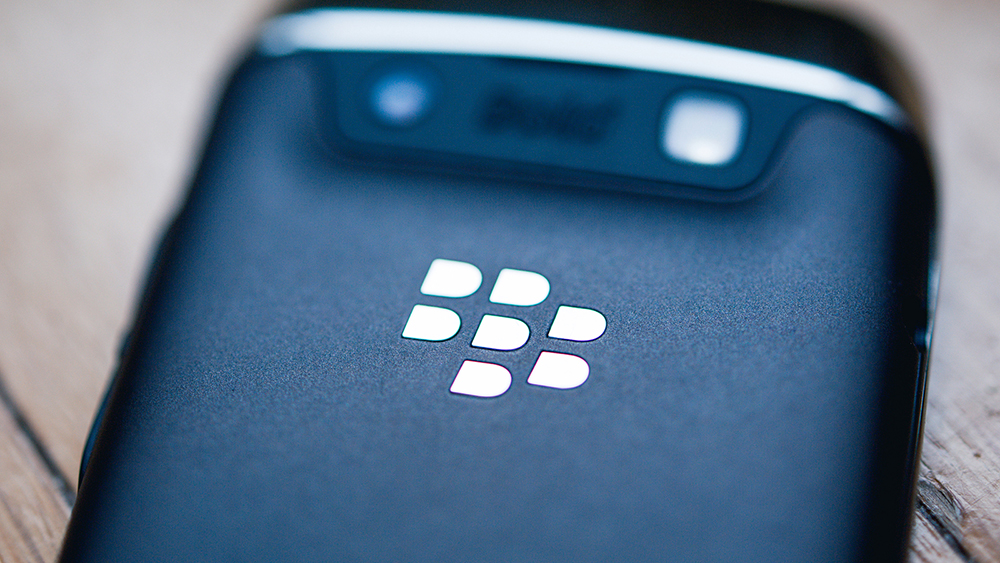 The business smartphone is dead
The business smartphone is deadIn-depth BlackBerry’s demise signals the end of the business-first handset
By Carly Page